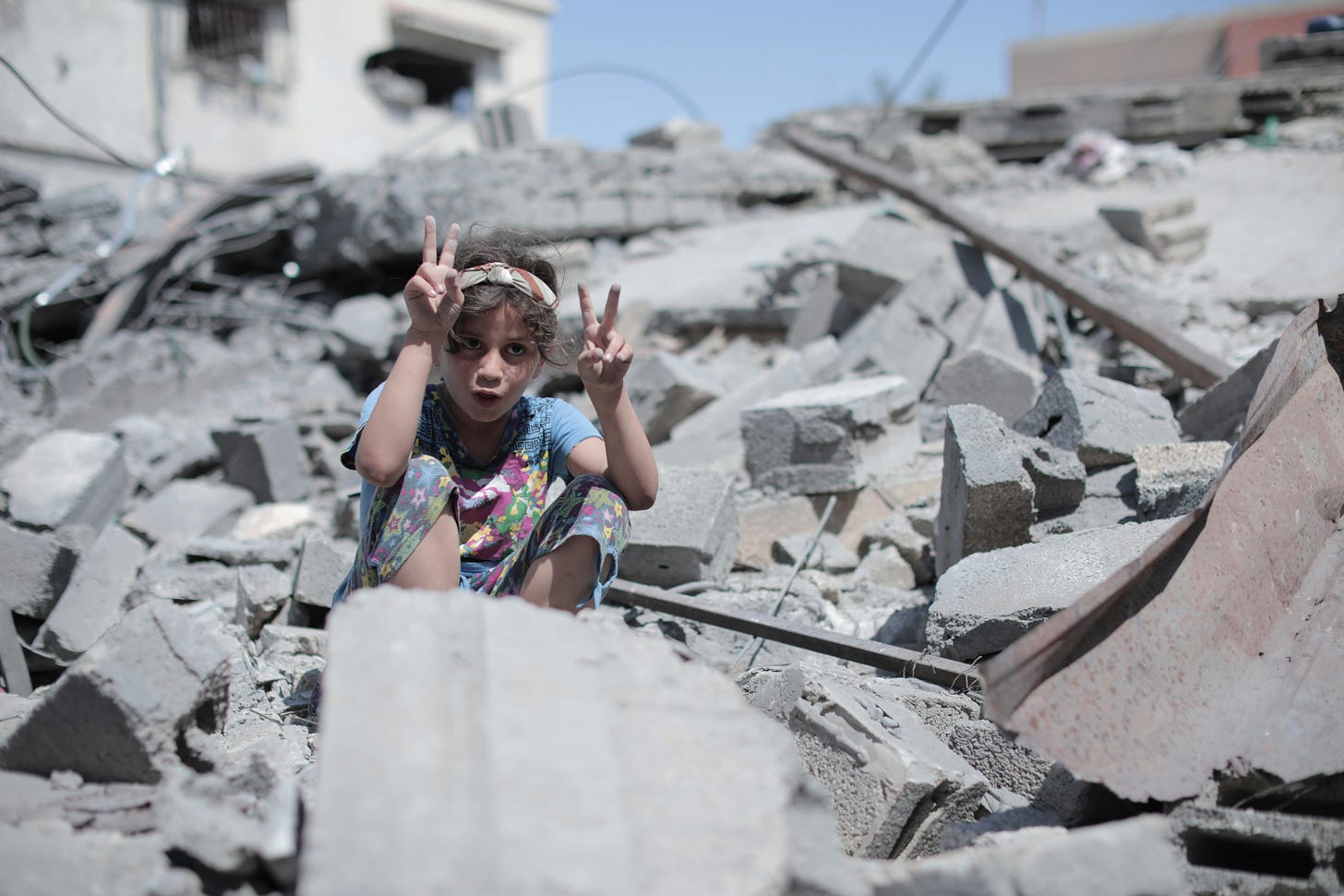US Recognizes Genocide in Sudan, Faces Criticism for Gaza Stance
The Council on American-Islamic Relations (CAIR) has welcomed the U.S. government's recognition of genocidal war crimes in Sudan while simultaneously condemning what it calls "extreme hypocrisy" regarding the situation in Gaza. This development comes as the Biden administration faces mounting pressure to address multiple humanitarian crises in the Middle East and Africa.
Sudan Genocide Recognition
On January 8, 2025, U.S. Secretary of State Antony Blinken announced that the American government had determined that Sudan's Rapid Support Forces (RSF) and affiliated militias had committed genocide in their conflict against the Sudanese Armed Forces (SAF).
The conflict, which erupted in April 2023, has led to a dire humanitarian situation, with Blinken citing "638,000 Sudanese facings the most severe famine in the nation's contemporary history, over 30 million individuals requiring humanitarian aid, and tens of thousands Deceased".
Concrete actions have accompanied the U.S. government's recognition of genocide in Sudan. The Biden administration has imposed sanctions on RSF leader Mohamed Hamdan Dagalo, also known as Hemedti, and seven RSF-owned companies in the United Arab Emirates.
These sanctions block Hemedti and his immediate family from entering the United States and freeze any personal assets.
CAIR's Response and Criticism
CAIR, the nation's most significant Muslim civil rights and advocacy organization, has welcomed the U.S. government's recognition of genocidal war crimes in Sudan.
However, the organization has also strongly criticized what it perceives as a double standard in the administration's approach to similar situations in different regions.CAIR National Executive Director Nihad Awad stated, "While we welcome the Biden administration's recognition of genocidal war crimes in Sudan, we condemn in the strongest possible terms its extreme hypocrisy in remaining silent about the ongoing Israeli genocide in Gaza.".
Gaza Situation and Controversy
The criticism from CAIR comes amid the ongoing conflict in Gaza, where Israeli military operations have resulted in significant civilian casualties. According to the Gaza Health Ministry, at least 45,129 people have been killed in Gaza since the onset of the Israeli offensive following Hamas's attack on Israel on October 7, 2023.
Human rights organizations have raised serious concerns about the situation in Gaza. Human Rights Watch (HRW) has accused Israel of committing "acts of genocide" in Gaza by deliberately depriving Palestinian civilians of adequate access to water.
HRW's executive director, Tirana Hassan, stated, "This constitutes a calculated policy of deprivation that has resulted in the deaths of thousands from dehydration and disease, representing a crime against humanity of extermination and an act of genocide."
International Response and Legal Implications
The international community's response to these crises has been mixed. The International Criminal Court (ICC) has issued arrest warrants for Israeli Prime Minister Benjamin Netanyahu and former Defense Minister Yoav Gallant for war crimes and crimes against humanity in Gaza.
However, Israel and the United States are not signatories of the ICC and have denounced the issuance of the warrants.
In contrast, the U.S. has shown support for ICC actions against other world leaders accused of atrocities. For instance, the U.S. supported the ICC's 2009 arrest warrant for former Sudanese President Omar al-Bashir for charges of war crimes and genocide in Sudan.
Humanitarian Crisis and International Aid
The situations in both Sudan and Gaza have led to severe humanitarian crises. In Sudan, the conflict has resulted in the world's most enormous humanitarian catastrophe, with over 30 million people in need of humanitarian assistance. Similarly, in Gaza, the United Nations has reported severe restrictions on aid efforts, particularly in North Gaza, where Palestinians have been under siege for more than 90 days.
Looking Ahead
As these crises continue to unfold, the international community faces mounting pressure to address the humanitarian situations in both Sudan and Gaza. The U.S. government's recognition of genocide in Sudan may set a precedent for how similar situations are addressed in the future. However, the criticism from organizations like CAIR highlights the complex geopolitical considerations that often influence international responses to humanitarian crises. As the situations in Sudan and Gaza continue to evolve, the international community's ability to respond effectively and consistently to allegations of war crimes and genocide will likely remain under scrutiny. The coming months will be crucial in determining whether the recognition of genocide in Sudan will lead to meaningful action to protect civilians and hold perpetrators accountable. Similarly, the ongoing debate over the situation in Gaza will likely continue to shape international discourse on human rights and the responsibilities of nations in times of conflict.



